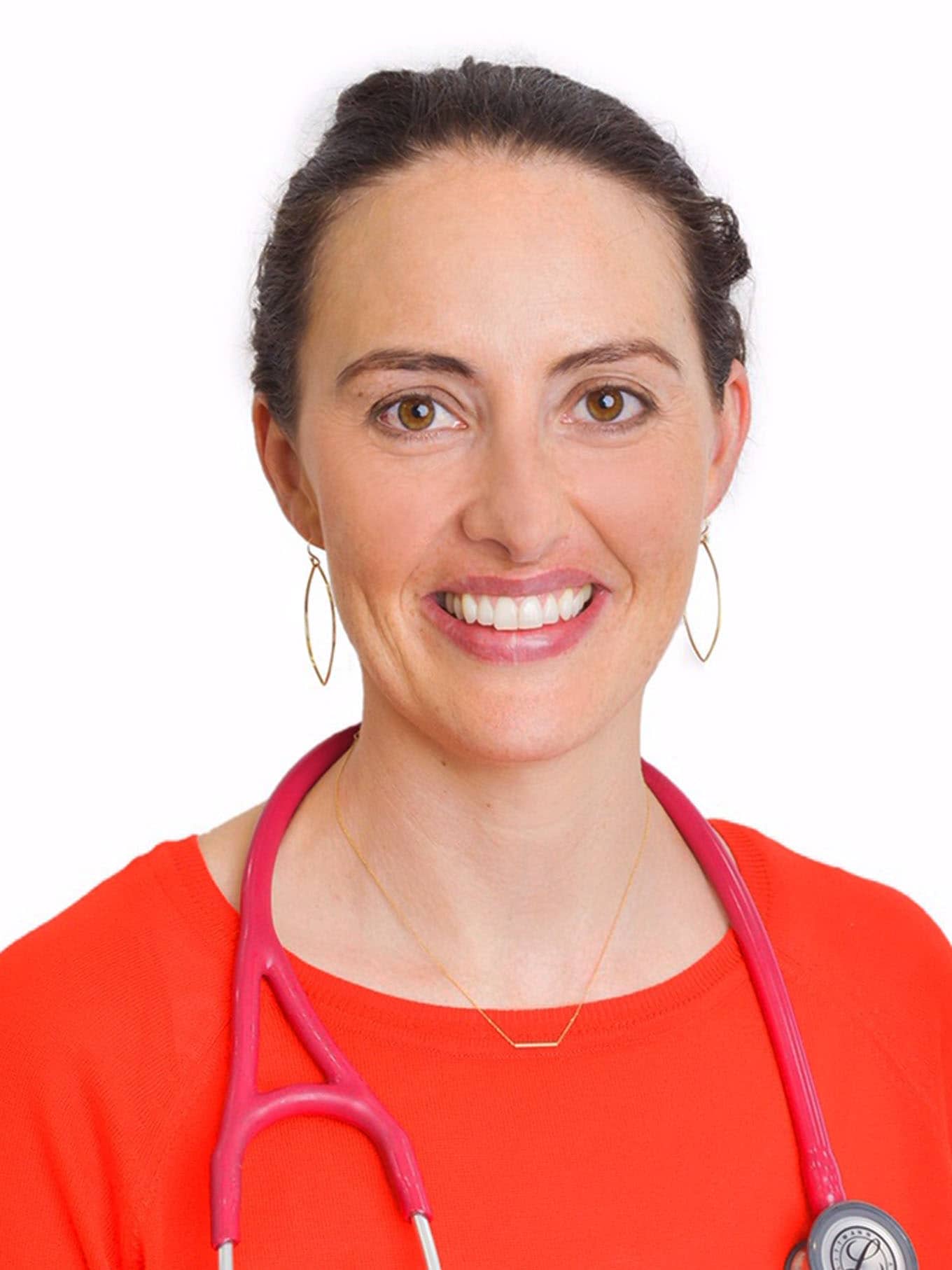 Sometimes it can be difficult to know what health advice to take, what sources to use and what opinions to believe.
Sometimes it can be difficult to know what health advice to take, what sources to use and what opinions to believe.
Lets try to simplify things! Here are Dr Foley’s Top 5 common sense things you should do to take care of your health:
1) Improve Sleep Hygiene
Poor sleep can affect your health and safety. Factors that interfere with sleep are well known, such as life stress and jet lag and alcohol. Tips to improve sleep include
- Getting some day light during the day so that your body clock knows day from night
- Creating a bedtime routine such as getting to bed at a predictable hour, having a bath at a particular time before bed or reading before sleep. This helps prepare your body for sleep
- Do not lye in bed awake or clock-watch if you are awake. This can lead to frustration which keeps us awake longer. You are better to leave the bedroom and do something relaxing like reading or ironing.
2) Get Some Exercise
Being physically active can optimise your physical health many ways including reducing your risk of heart disease, weight management, cholesterol control, lowering risk of Type 2 Diabetes and lowering risk for osteoporosis.
Exercise has been proven to help with depression and anxiety by blocking negative thoughts, increasing social contact, improving sleep patterns and increasing feel-good chemicals in your brain such as serotonin and endorphins.
Aim for at least 30 minutes of moderate-intensity physical activity most days per week, preferably all. Try and see exercise as a positive, not as a chore.
3) Be Sunsafe
Skin cancer is the most common form of cancer in the United States. The two most common types of skin cancer—basal cell and squamous cell carcinomas—are highly curable, but can be disfiguring and costly to treat. Melanoma, the third most common skin cancer, is more dangerous and causes the most deaths. The majority of these three types of skin cancer are caused by overexposure to ultraviolet (UV) light. Sunburn causes 95% of melanomas. For best protection of your skin, when the UV level is 3 or above (in Singapore the UV level is measured every hour and reported by the National Environment Agency) you need to protect your skin. You can do this by
- Wearing sun-protective clothing that covers as much skin as possible
- Use SPF30+ and put it on 20 minutes before you go outdoors and every two hours afterwards.
- Wear a hat that protects your face, head, neck and ears.
- Be cautious that your sunglasses meet UV standards to protect your eyes.
4) Reduce Alcohol
Drinking more than 2 standard drinks a day can increase risk of dependence and addiction, especially in people who have depression or anxiety and can increase your risk of suicide.
Regular alcohol use can affect your body in the many ways:
Brain: Concentration, judgement, mood and memory can be affected. It increases your risk of having a stroke and developing dementia.
Heart: Increases blood pressure and can lead to heart damage and risk of heart attacks.
Liver: Long-term heavy drinking also puts you at increased risk of liver cirrhosis (scarring) and liver cancer
Fertility: Regular drinking reduces men’s testosterone levels, sperm count and fertility. For women, drinking too much can affect their periods.
Cancer: Alcohol is a significant risk factor in head and neck, particularly cancers of the oral cavity (mouth), pharynx (throat), and larynx (voice box), liver cancer, oesophageal cancer, breast cancer and colorectal cancer.
5) Participate in Individualised Health Screening
Screening tests aim to pick up health problems early in people who don’t have any symptoms of disease. The rationale for this is that the earlier the pick up, the better the chance of cure. Many conditions or diseases can develop slowly over a long period and may not cause any symptoms initially.
Screening is particularly important in certain cancers such as breast cancer (mammography), cervical Cancer ( pap smear) and prostate cancer (PSA blood test) and for certain chronic diseases like heart disease and diabetes. Age of screening for certain illnesses will sometimes be dependant on your family history so it’s important to know your family history in detail.


































